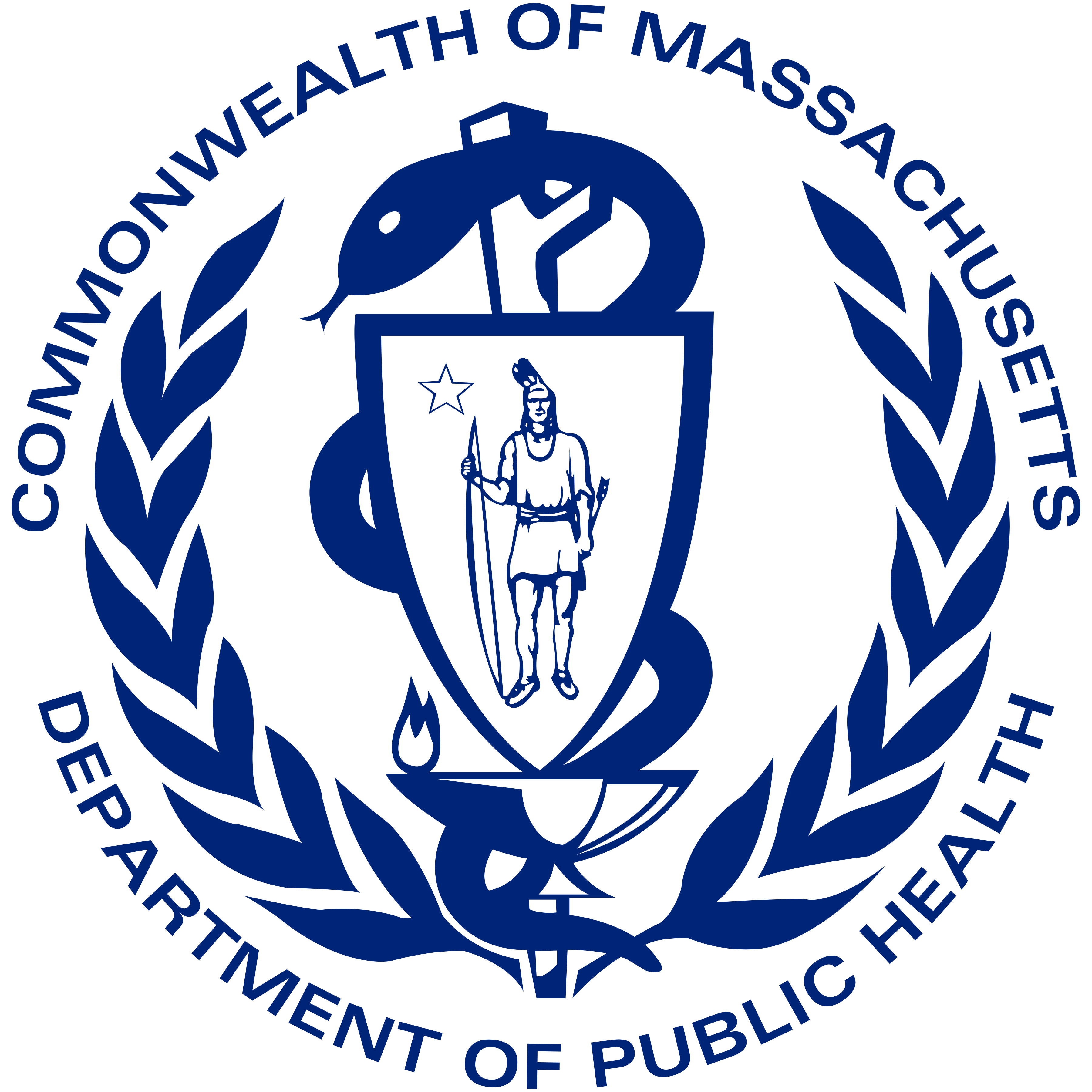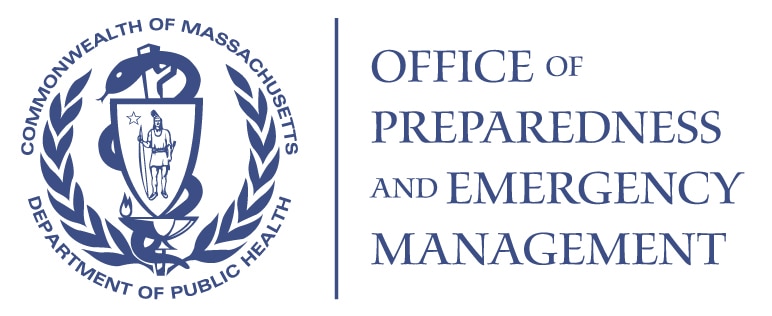- Department of Public Health
- Bureau of Climate and Environmental Health
- Office of Preparedness and Emergency Management
- Office of Local and Regional Health
The Bureau of Climate and Environmental Health (BCEH), in collaboration with the Office of Preparedness and Emergency Management (OPEM) and the Office of Local and Regional Health (OLRH), is excited to announce the launch of the Heat Education and Alert Tools (HEAT) response. This initiative aims to increase awareness of climate change and extreme heat, enhance preparedness for extreme heat events, and improve our collective response to these health hazards. The program will use the new CDC/NOAA NWS HeatRisk Tool to provide timely and accurate extreme heat forecast information. Unlike other alert systems, the new CDC/NOAA tool synthesizes health, heat, socio-demographic, and natural/built environment data to forecast community heat risk.
This HEAT response is a data-driven approach with both educational and alert components:
Educational components:
- Amplify climate and extreme heat-related information to health officials and the public via social media and other digital platforms
- Target outreach to high-risk communities, centering health equity and environmental justice
- Provide factsheets, web pages, and presentations to help raise awareness, understand the public health impacts of climate change, and prepare communities for extreme heat
Alert components:
- Monitor NWS HeatRisk Tool for extreme heat events
- Notify healthcare professionals, local health departments, and other stakeholders through the Health and Homeland Alert Network (HHAN) to ensure timely and effective responses to extreme heat events
Extreme heat and climate resources
- Extreme Heat Resource Guide (PDF) | (DOCX)
A resource guide on extreme heat. - Climate & Health Fact Sheets
Fact sheets on climate and health topics. - Extreme Heat and Poor Air Quality
Get answers to common questions about extreme heat events. - Extreme Heat Safety Tips
Learn how to prepare for extreme heat, what to do during extreme heat, and types of heat-related illnesses. - Cooling Centers Guidance
See recommendations for municipalities in their operation of cooling centers and outlines actions municipalities may take to help prevent health impacts caused by hot weather. - Learn About Climate Hazards
View Climate Hazard Adaption Profiles (CHAPs) that provide information about climate hazards, human exposure and health impacts, vulnerable populations, and available resources for taking actions to protect health. - Learn How Climate Change Harms Health
Access resources, videos, and fact sheets. - MassAir Online
Get current air quality, daily forecasts, and more. - Interactive Beach Water Quality Dashboard
DPH's Interactive Beaches Dashboard provides water quality testing results for the current beach season. It will tell you which beaches are open or closed. If a beach is closed, do not swim or enter the water at that location to avoid risk of illness.
Additional warm-weather resources
- Water Safety
Learn water safety information on drowning, staying safe in oceans, lakes, rivers, and ponds, boating safety, tips for pool owners, and more. - DCR Learn To Swim
Find free swimming lessons in Massachusetts for children ages 4-12 years old. - Mosquitoes and Ticks
Learn what Massachusetts is doing to keep you safe – and ways you can protect yourself and your family – from mosquito and tick bites and the illnesses they can cause. - Massachusetts Arbovirus Update
View local risk levels for Eastern Equine Encephalitis (EEE) and West Nile Virus (WNV) based on seasonal testing.



